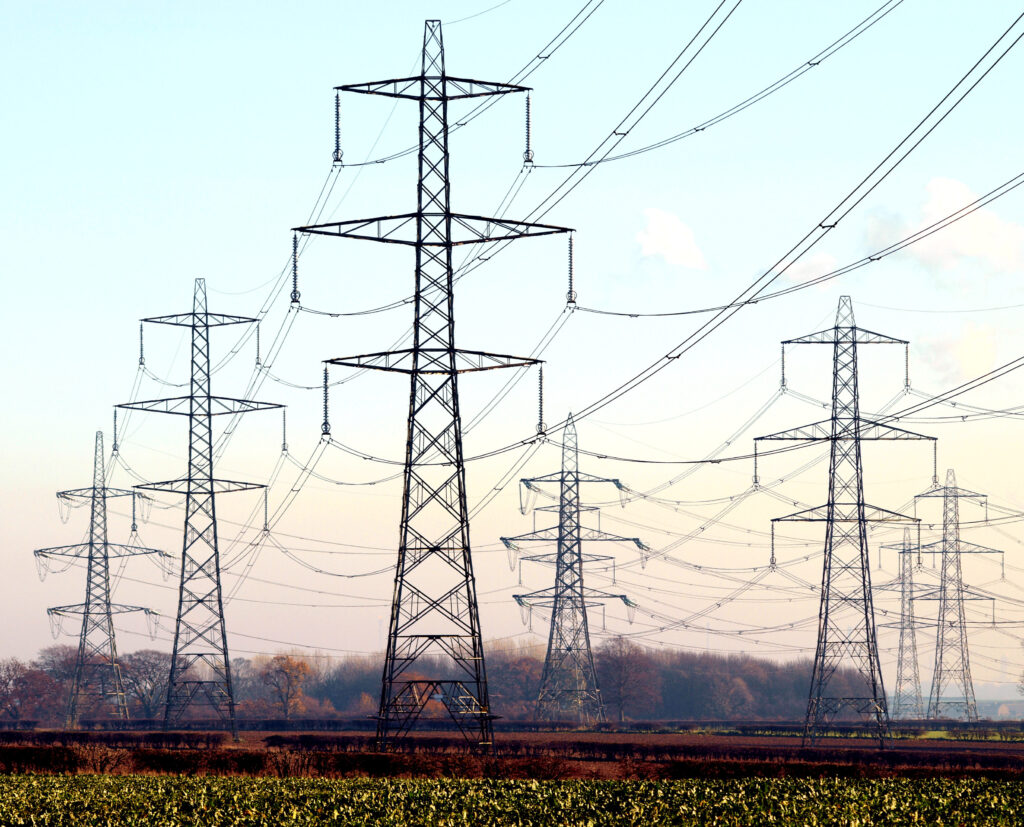Ofgem has given the green light to rolling out half-hourly settlement across the retail electricity market in Britain.
The change will enable a more flexible energy system in the country, with more accurate signals sent to suppliers from domestic customers throughout the day. This increased granularity will allow suppliers to offer new tariffs and products, which will be able to encourage more flexible energy use.
For example, more frequent meter readings could encourage time of use tariffs, automation, vehicle to grid solutions and battery storage.
By increasing flexibility, the energy industry can reduce the need for new and expensive infrastructure expansions to manage the increased electricity demand expected as transport and heating electrify.
As such, the change could save consumers an estimated £1.6 billion to £4.5 billion by 2045 the regulator suggested.
“These reforms are complex, but we know there’s a huge appetite across the sector to make these vital changes a success,” wrote Anna Rossington, interim director of retail at Ofgem in a blog post announcing the step.
The change from hourly builds on the requirement for half-hourly settlement for medium to large non-domestic consumers, as well as elective half-hourly settlement for domestic and smaller non-domestic consumers already brought in by Ofgem.
It will be implemented over the next four and a half years, with the transition expected to be completed by October 2025.
Chris Hewett, chief executive, Solar Energy UK welcomed the change – which will unlock a new era for solar and energy storage technologies – but added that “one might question the overly cautious length of time set aside for testing in the midst of a climate emergency, but otherwise it is fantastic to see Ofgem is moving the dial on the matter of half-hourly settlement”.
“The decision will undoubtedly enhance innovation in the market, and the role of solar and battery storage in supporting the grid.”
Research from the trade association last year showed that residential solar, storage and smart controls could “dramatically reduce” the evening peak, ensuring flexible power can flatten spikes and reducing the need for infrastructure expansion for example.
Elexon will be the programme manager for the implementation, and will be accountable to Ofgem.
It will use consumers’ smart meters to collect the data, and they will have a choice over the level of data they want to share and the ability to opt-out of half-hourly data.
The rollout of domestic smart meters has been plagued with challenges, and has been particularly impacted by the COVID-19 lockdowns over the past year. However, installations are bouncing back, and jumped 34% month-on-month with 219,000 installations recorded in March 2021.






